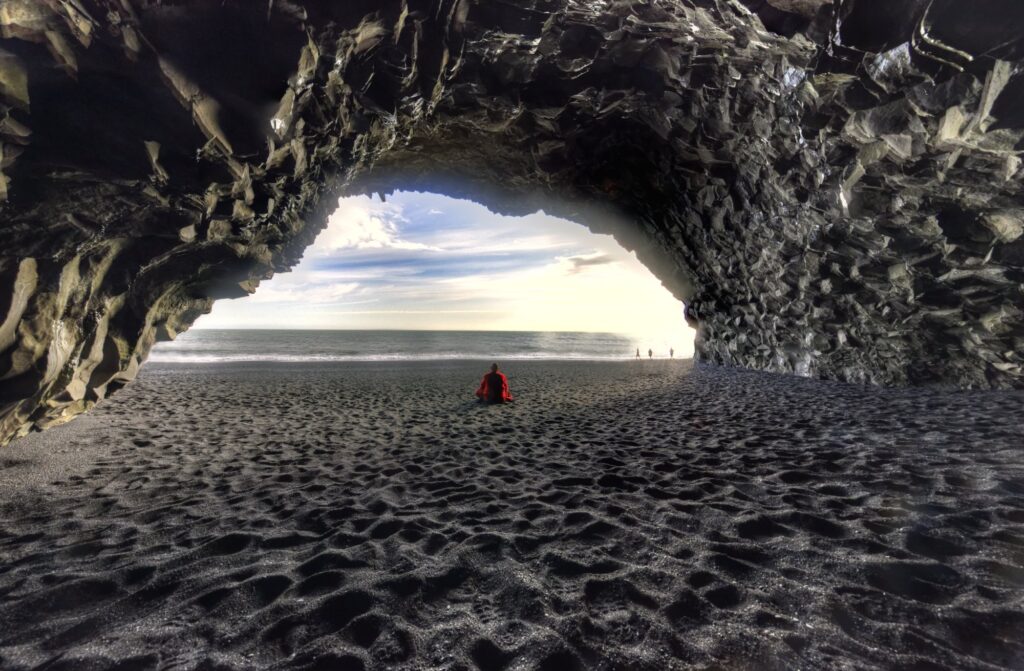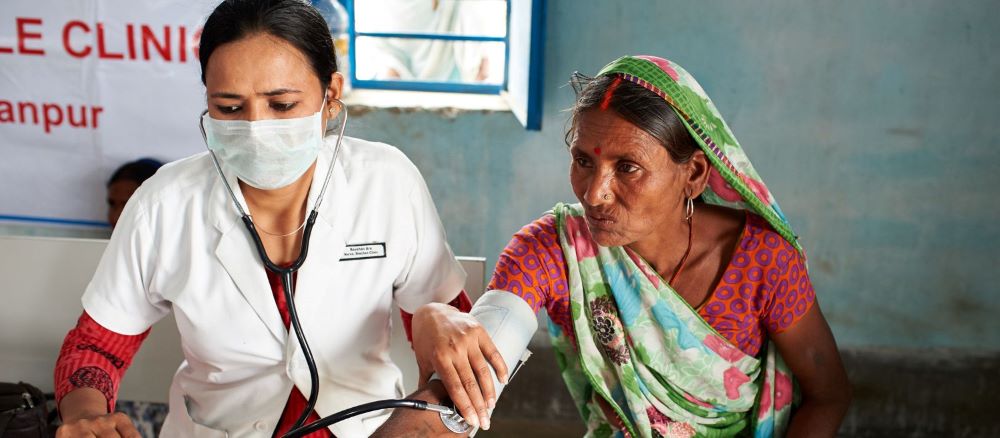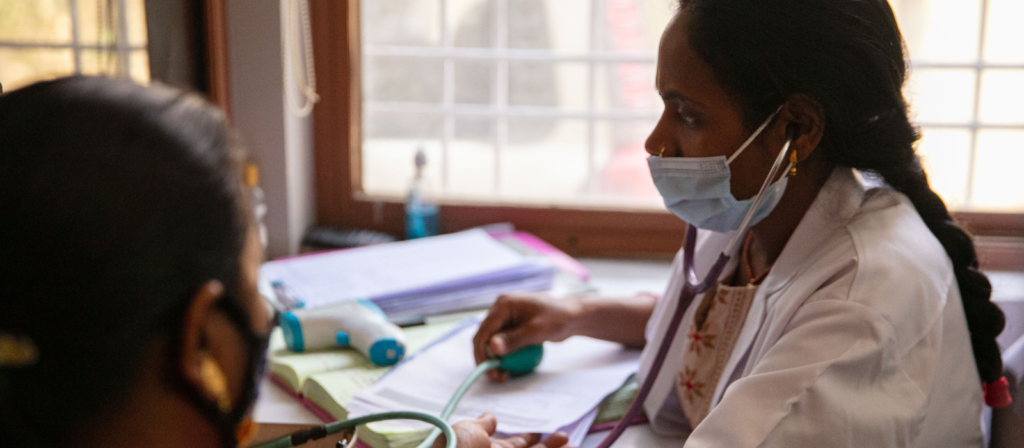Excerpt from Se changer, changer le monde, (To change oneself, change the world) with Matthieu Ricard, Christophe André, Jon Kabat-Zinn, Pierre Rabhi, Éditions L’Iconoclaste. Changing the world, in my view, boils down to transforming oneself to better serve others....

Excerpt from Se changer, changer le monde, (To change oneself, change the world) with Matthieu Ricard, Christophe André, Jon Kabat-Zinn, Pierre Rabhi, Éditions L’Iconoclaste.
Changing the world, in my view, boils down to transforming oneself to better serve others. While avoiding changing the world in a destructive manner, devastating our environment, exploiting animals, and causing the extinction of many other species, it involves maintaining a responsible attitude at all levels. Changing oneself to better change the world means freeing oneself from mental toxins such as hatred, greed, jealousy, pride, and the spirit of revenge that poison our existence and that of others. To be able to change the world, one must first find meaning in one’s existence and try to share it.
From a collective perspective, this change involves an evolution of our cultures, attitudes, motivations, values, and priorities. This notably implies transitioning from a culture that advocates individualism and every person for themselves to a world that values altruism and cooperation, which has always been at the heart of evolution.
Does true altruism really exist? If so, can we cultivate and amplify it like a talent or ability? Numerous research studies on the effects of meditation are currently underway. Initially, these studies involved experienced meditators who had practiced between ten thousand and fifty thousand hours, including both men and women, lay practitioners, monks, and nuns. The results showed that the ability to develop compassion and altruism is not dependent on Eastern or Western culture, nor on gender – it is primarily a matter of training.
What is important for society to grasp is that it is not necessary to have meditated for fifty thousand hours: a few weeks of meditation, thirty minutes a day, already have beneficial effects. In one study, an instructor trained a group of people for two weeks, twenty minutes a day, to think more about others, to try to empathize, and to meditate to generate altruistic love, benevolence, and compassion towards those who suffer. The control group (there always needs to be a comparison for studies to be valid) was trained to use a psychological method known to generate prosocial behaviors.
This method involves considering situations from a different, broader perspective: if someone insults you, instead of focusing solely on the insult and the unpleasant aspects of the person, you broaden your perspective to consider what the person is going through, their usual behaviors. The results showed that meditation further promoted prosocial behaviors. This study, conducted by Helen Weng in Richard Davidson’s laboratory (a pioneer in neuroscience studies on meditation), demonstrated changes at the brain level, particularly in the amygdala (a brain structure related to emotions, particularly fear and aggression).
A piece of advice from Matthieu Ricard for a more humane world
Practice altruism
Change our vision of those around usWe can train ourselves to understand and see that life is much more woven with cooperation than competition, with assistance than hostility, with caring than malice.
Check our motivationsIt is also useful to constantly check our motivation: “Is our motivation altruistic or selfish? Are we seeking the good of a few or the greater number? In the short or long term.” We need to question ourselves in this way repeatedly.
CommitCultivating altruism is not just saying that altruism is good. Compassion without action is sterile. We must constantly keep this commitment in mind and translate it into actions whenever possible, in all circumstances of daily life, and by getting involved in activities beneficial to others (volunteering, NGOs, etc.).
The actions of Karuna arise from a deep conviction in the need to radiate altruism and cooperation at all levels of society. Our goal is to create environments and opportunities conducive to cultivating and fostering altruistic behaviors. It is with this intention that we act and advocate every day: in the field with those we accompany, with you who share our values, and within the teams of the association.












